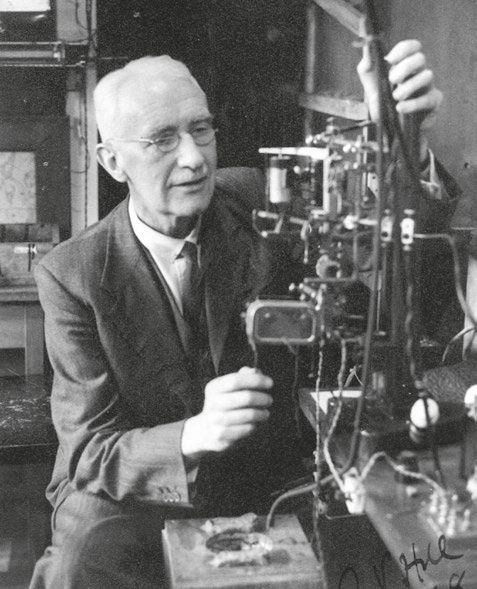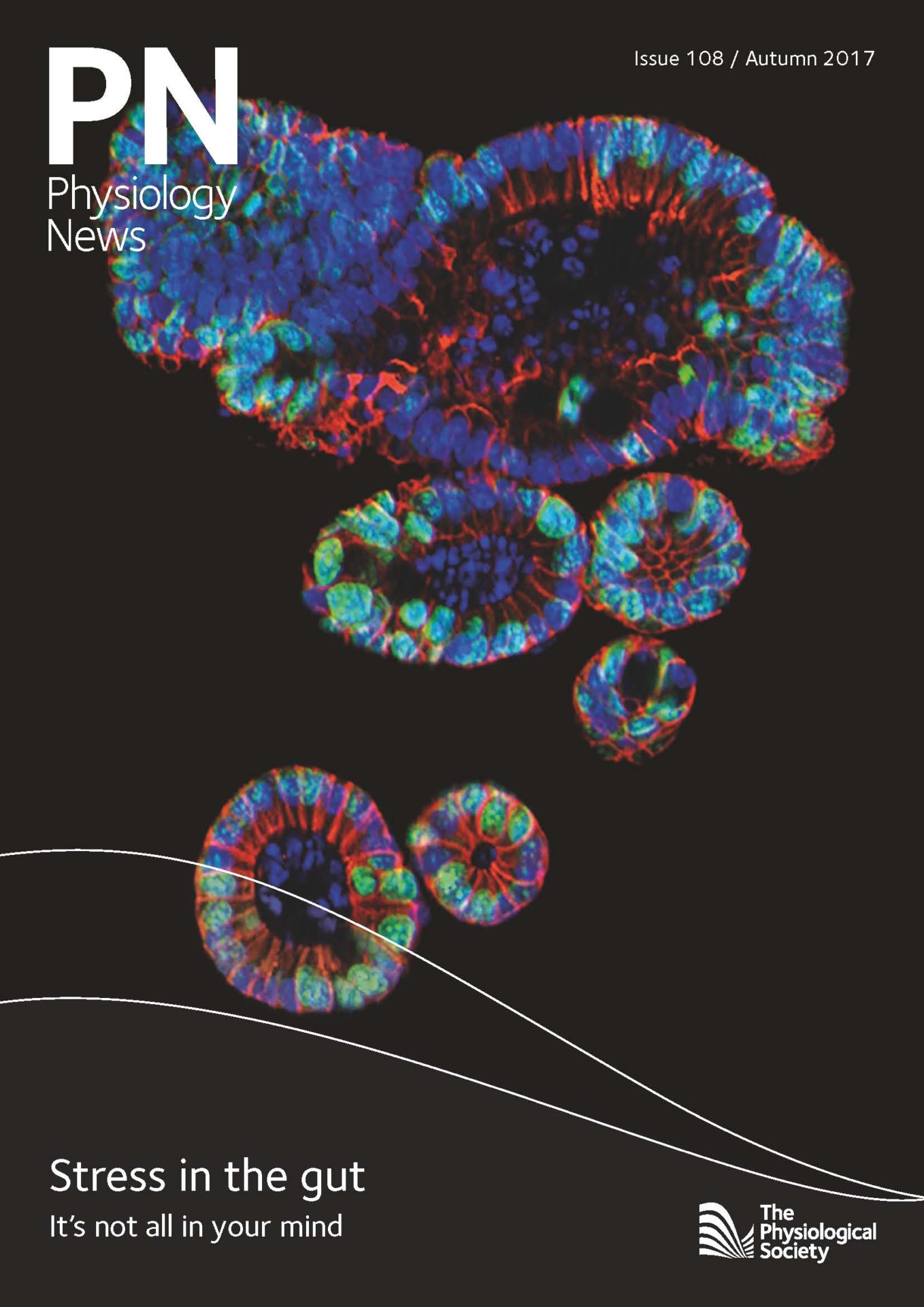
Physiology News Magazine
AV Hill’s memoir, Memories and reflections, now available digitally
News and Views
AV Hill’s memoir, Memories and reflections, now available digitally
News and Views
Austin Elliott
University of Manchester, UK
https://doi.org/10.36866/pn.108.15
‘Being a physiologist has many advantages, not least that it saves one from believing in magic’ AV Hill, from the Preface to the memoirs

Following his retirement to Cambridge, in his ninth decade, AV Hill collected and edited much of his unpublished, or published but lesser-known, ‘ephemera’ into an extended memoir that he entitled Notes and Reflections. Hill was a prolific writer, both of papers and books describing his scientific work and on many other subjects. A fair bit on these ‘other subjects’ appeared during his long life, but there was yet more in the form of a mixed bag of reminiscences on his scientific friends and other acquaintances, on his work on gunnery during WW1, and his time as a government scientific adviser, envoy, and MP before and during WW2, and many other topics. Texts of speeches on many of these, and more, feature in Memories and reflections, which was bound into three volumes that run to a total of 800 typescript pages.
Copies of Memories and reflections were privately circulated, and since the mid-1970s the memoir has been a key source for scholars writing about Hill (e.g. Van Der Kloot, 2011) and for his obituarists like Bernard Katz (Katz, 1978). However, to read it required a Hill family contact or a trip to the Churchill Archives Centre in Cambridge. Given AV’s long and varied career and his great importance as both a scientific and historical figure, the Hill family and The Society have been keen to see the memoir more widely available. To this end, the Churchill Archives Centre have now made it available digitally (www.chu.cam.ac.uk/archives/collections/memoirs-v-hill/), with some financial support from The Society’s History and Archives Committee.
For Hill aficionados there is much first-rate material in the memoir, which also bears interesting hand-written annotations by the man himself. The material specifically ‘badged’ as autobiographical has mostly appeared earlier (e.g. Hill, 1970). However, a wider picture of AV and his time and milieu can be gleaned from his own choice of anecdotes about his friends, or his commentary on events he lived through and was involved in. I found much that was new to me, including Hill’s comments on sharing a staircase at Cambridge before WW1 with Bertrand Russell, or delivering his brother-in-law, the economist John Maynard Keynes, to Whitehall in 1914 in a motorcycle side car. Another entertaining vignette is Hill in 1947 sending then Prime Minister Clem Attlee a framed sampler carrying the well-known WW2 motto ‘Illegitimis non carborundum’ (‘Don’t let the b*stards grind you down’).
The first of the three volumes consists entirely of ‘About People’, reminiscences mostly of Hill’s colleagues and friends. Volume 2 contains collections dealing with Hill’s political career and the role of science and scientists in society, plus accounts of his skirmishes with (among others) anti-vivisection activists and spiritualists. Volume 3 is the most eclectic, containing material on Hill’s wartime work in both WW1 and WW2, a miscellany chapter, Hill’s previously published autobiographical sketch (Hill, 1970), and the collected prefaces of his eight published books.
Memories and reflections should prove a treasure trove for AV fans, and fleshes out the portrait of the man given in Katz’s well-known biographical memoir (Katz, 1978) and Hill’s main autobiographical account (Hill, 1970). Hopefully members will enjoy reading it.
References
Van Der Kloot W (2011). Notes. Rec R Soc 65, 393–410.
Katz B (1978). Bio Memoirs. Fell R Soc 24, 71–149. www.chu.cam.ac.uk/archives/collections/ memoirs-v-hill/
Hill AV (1970). Perspectives. Biol Med 14, 27–42.
